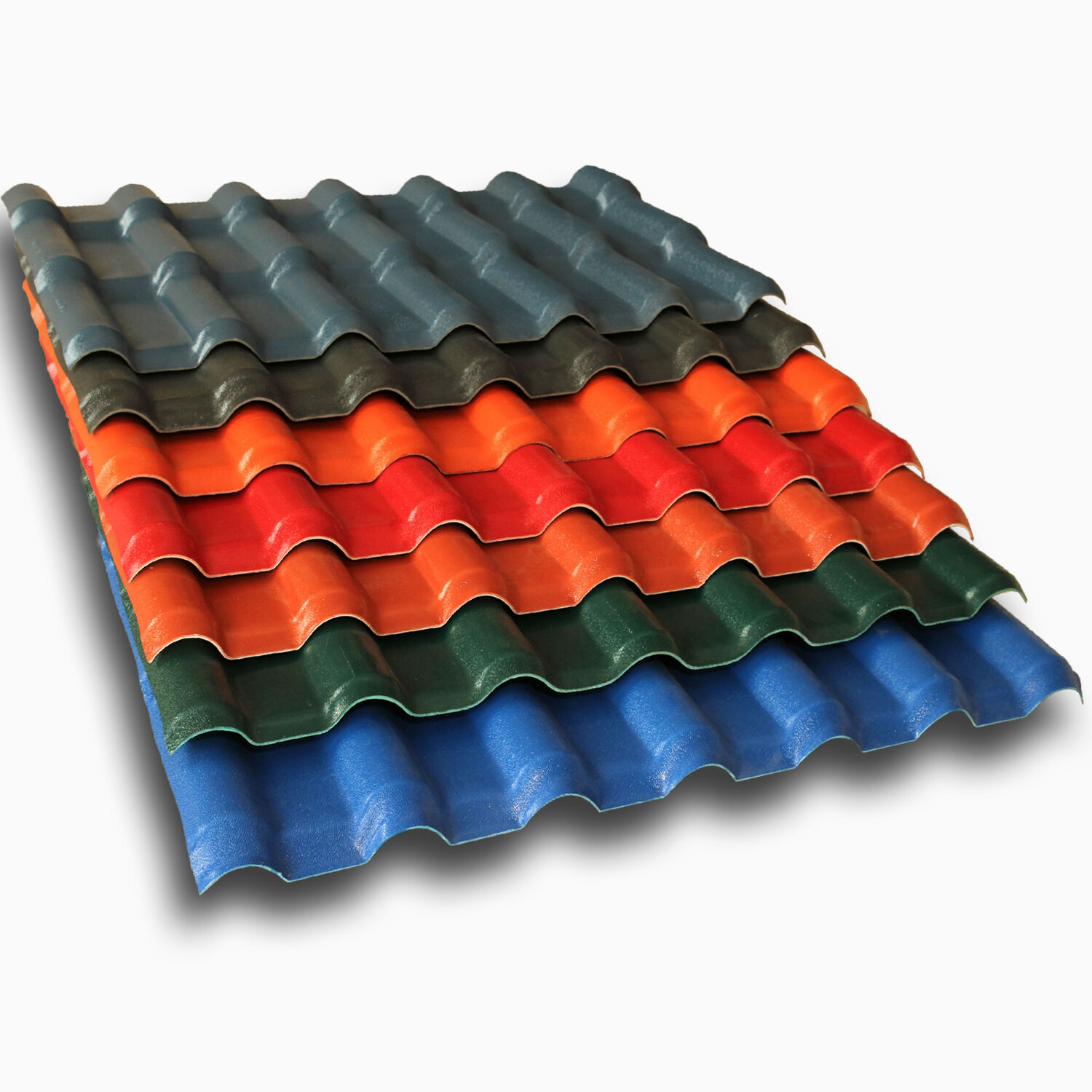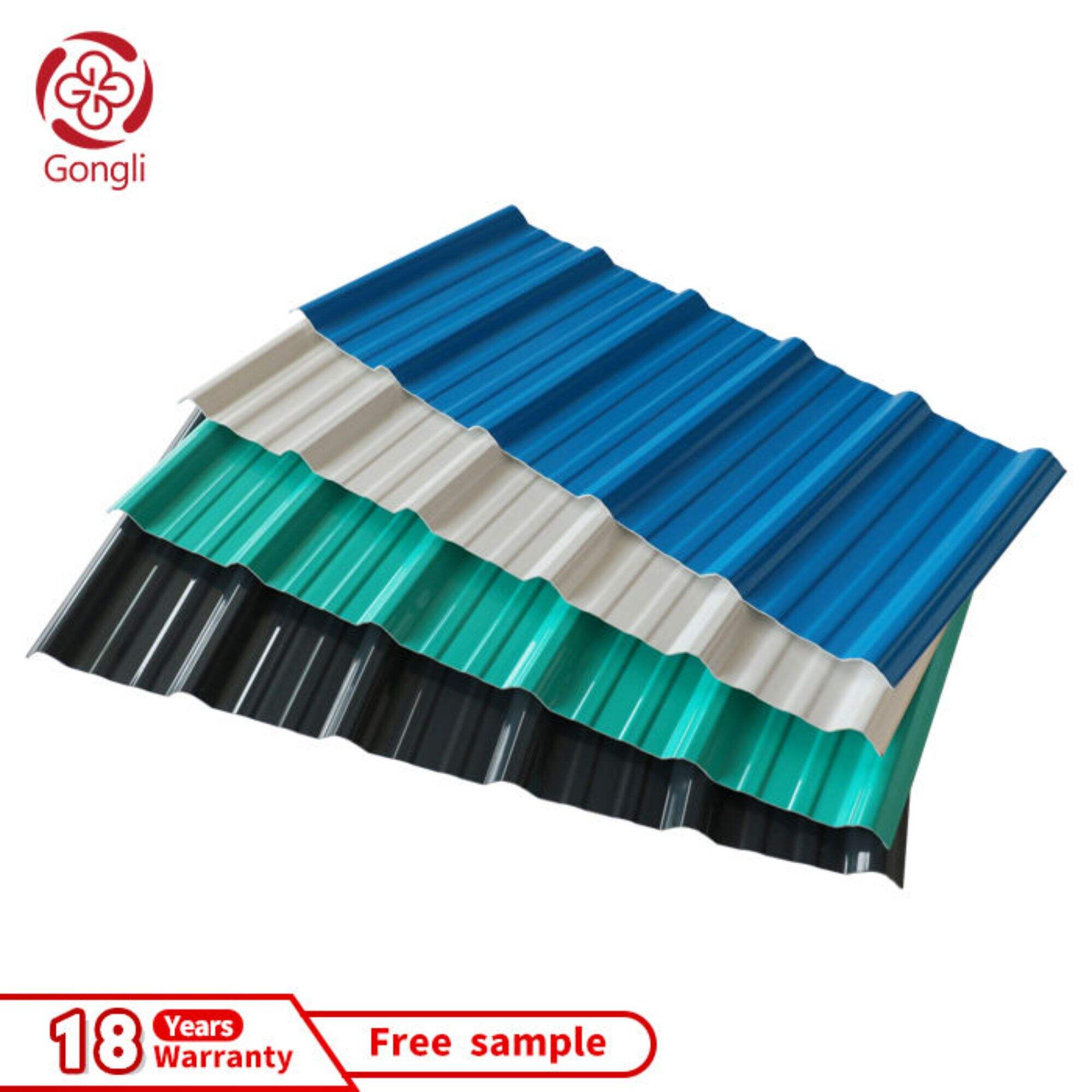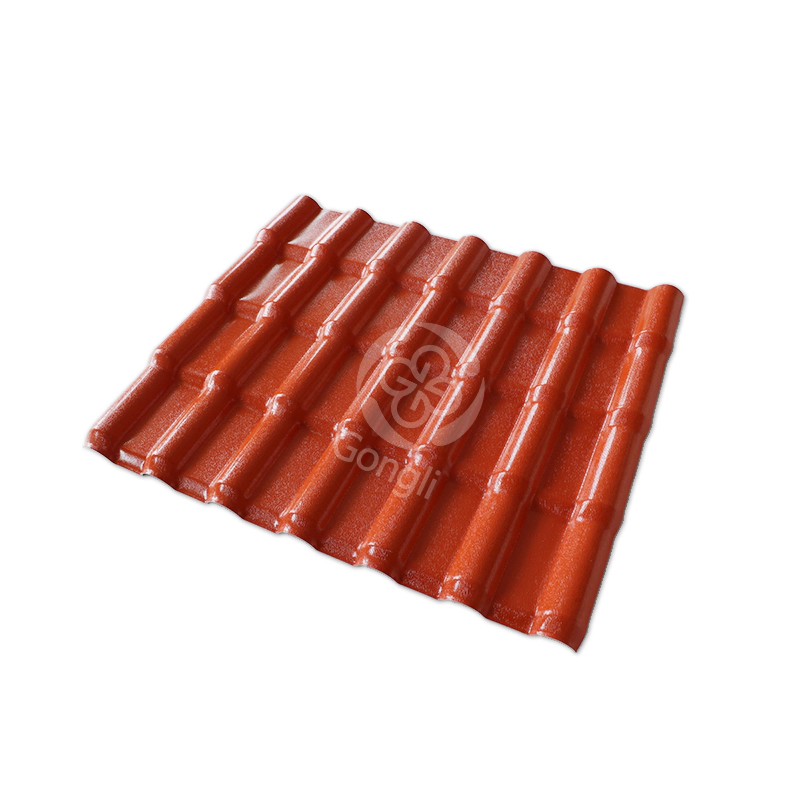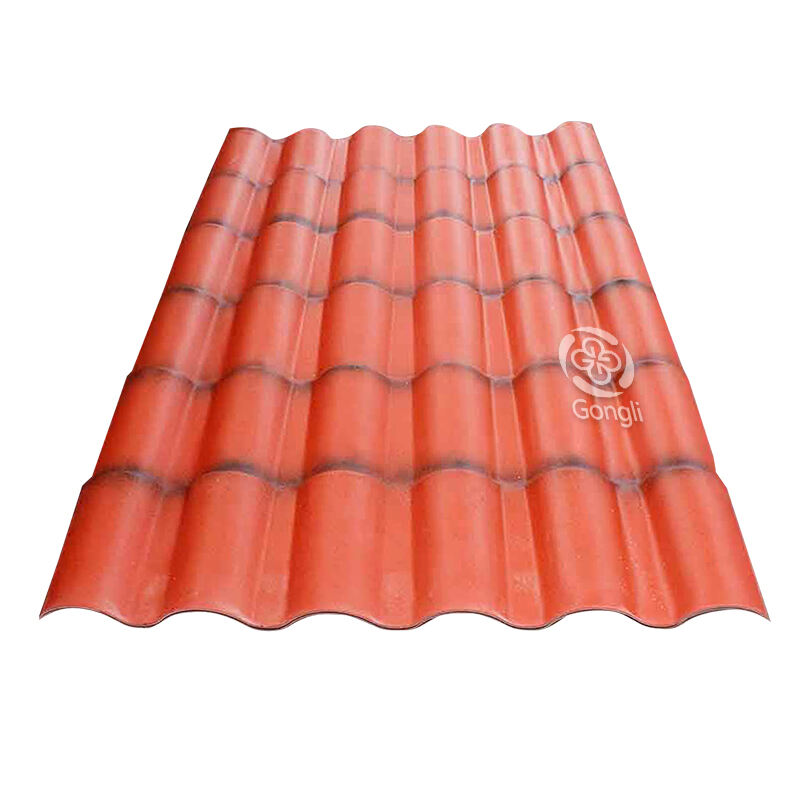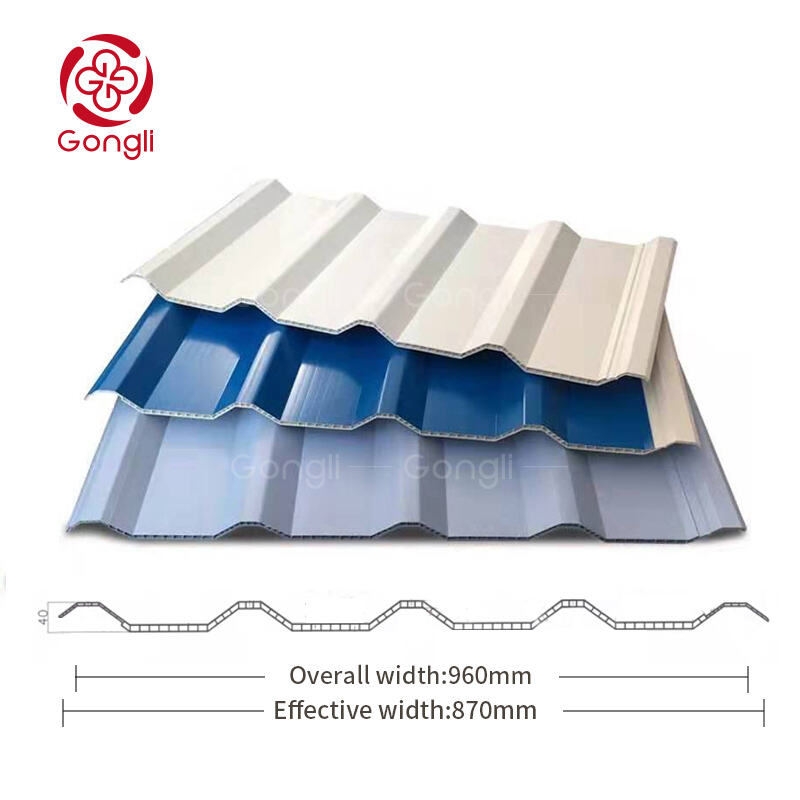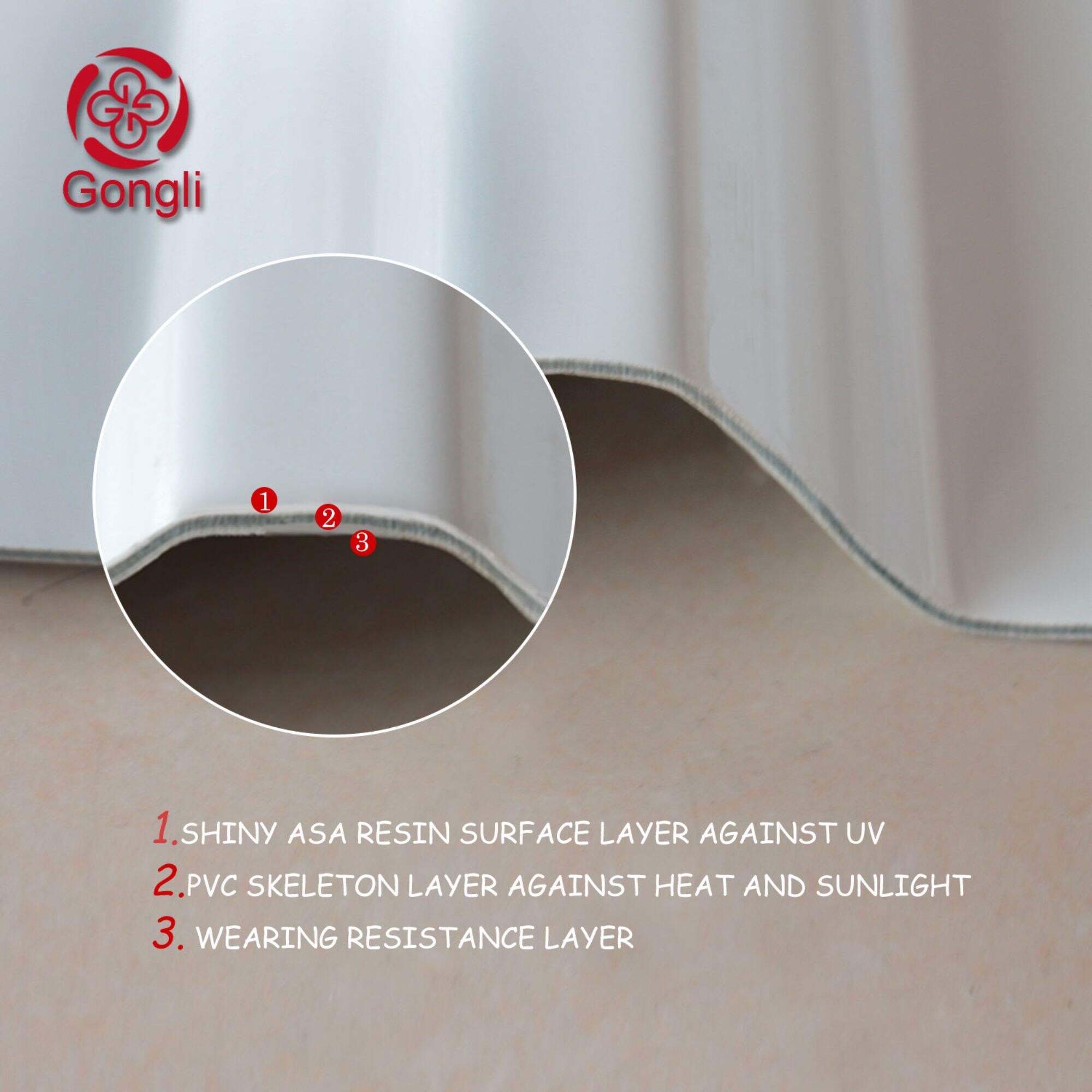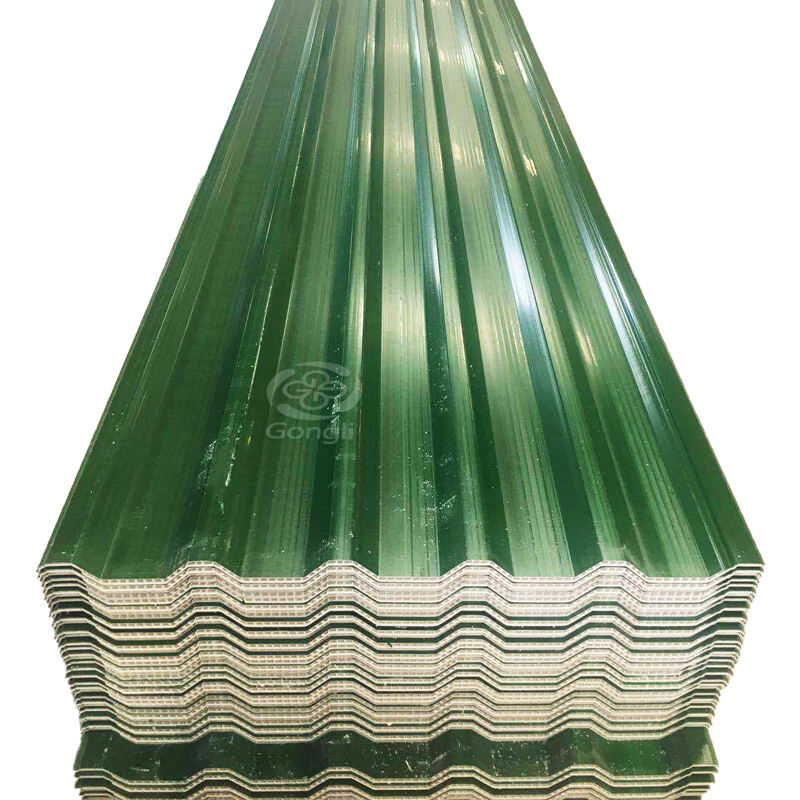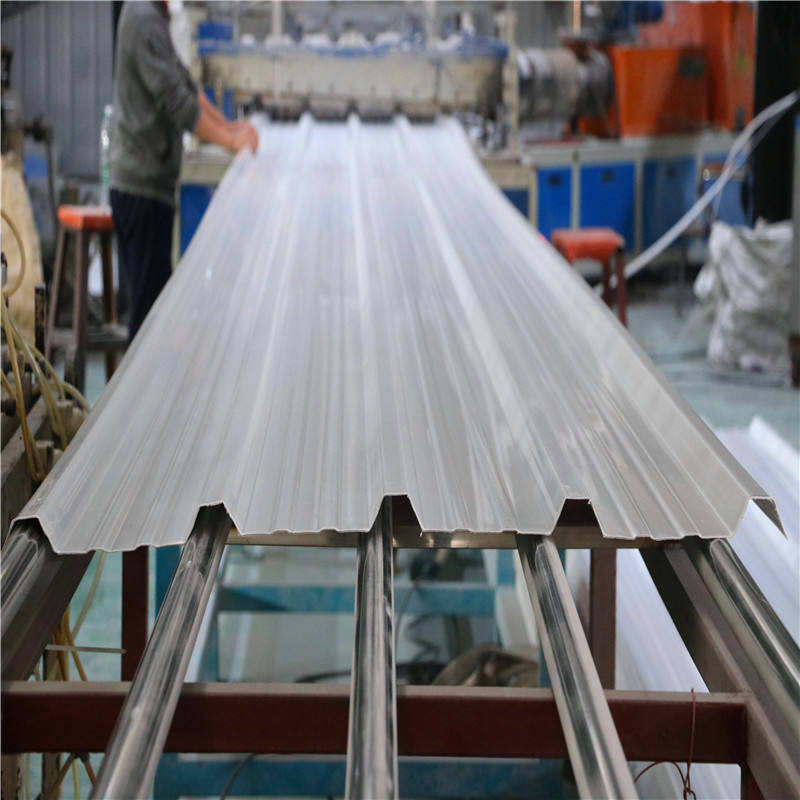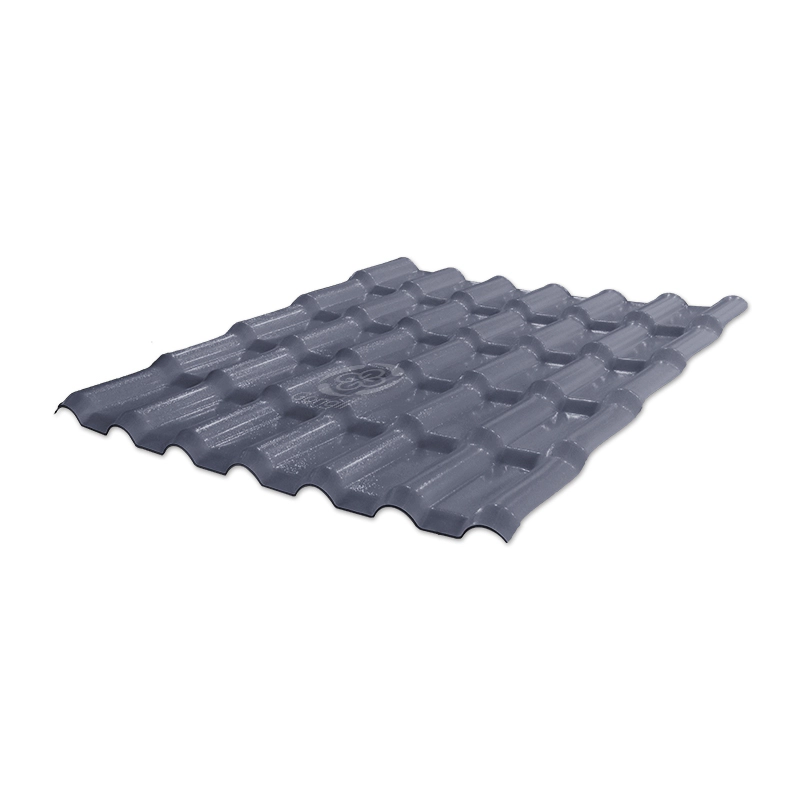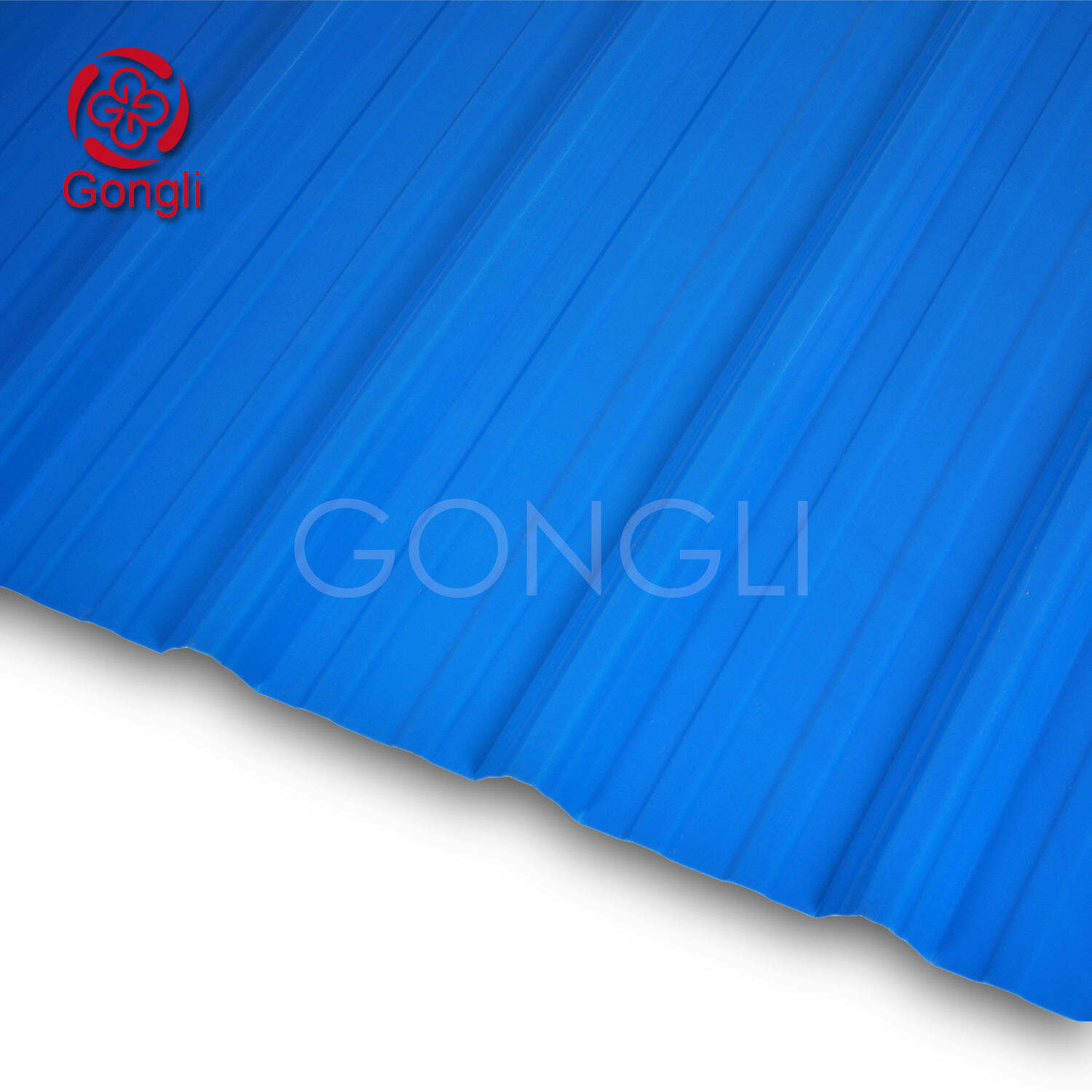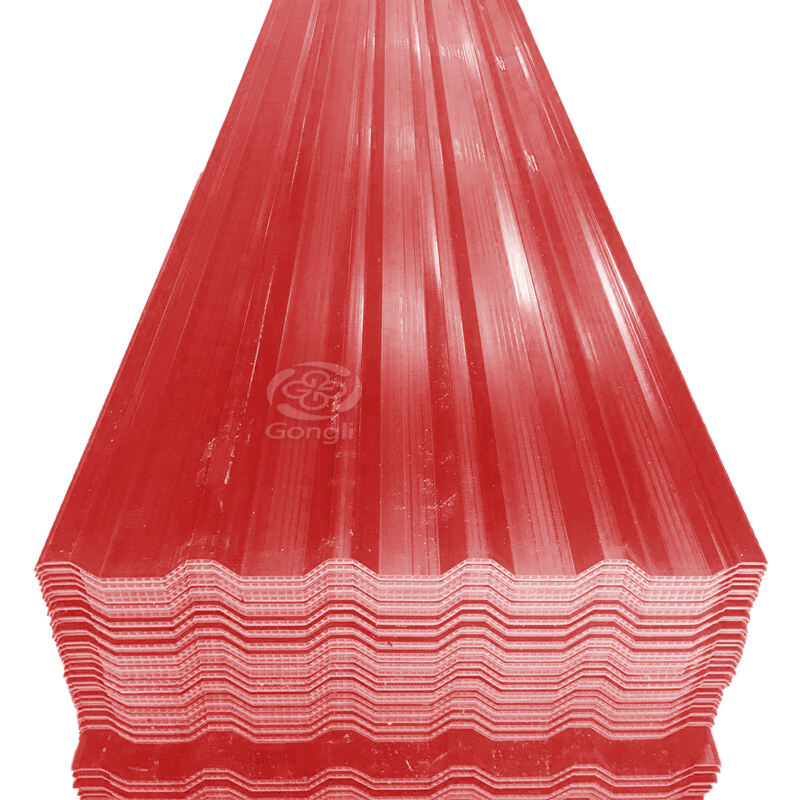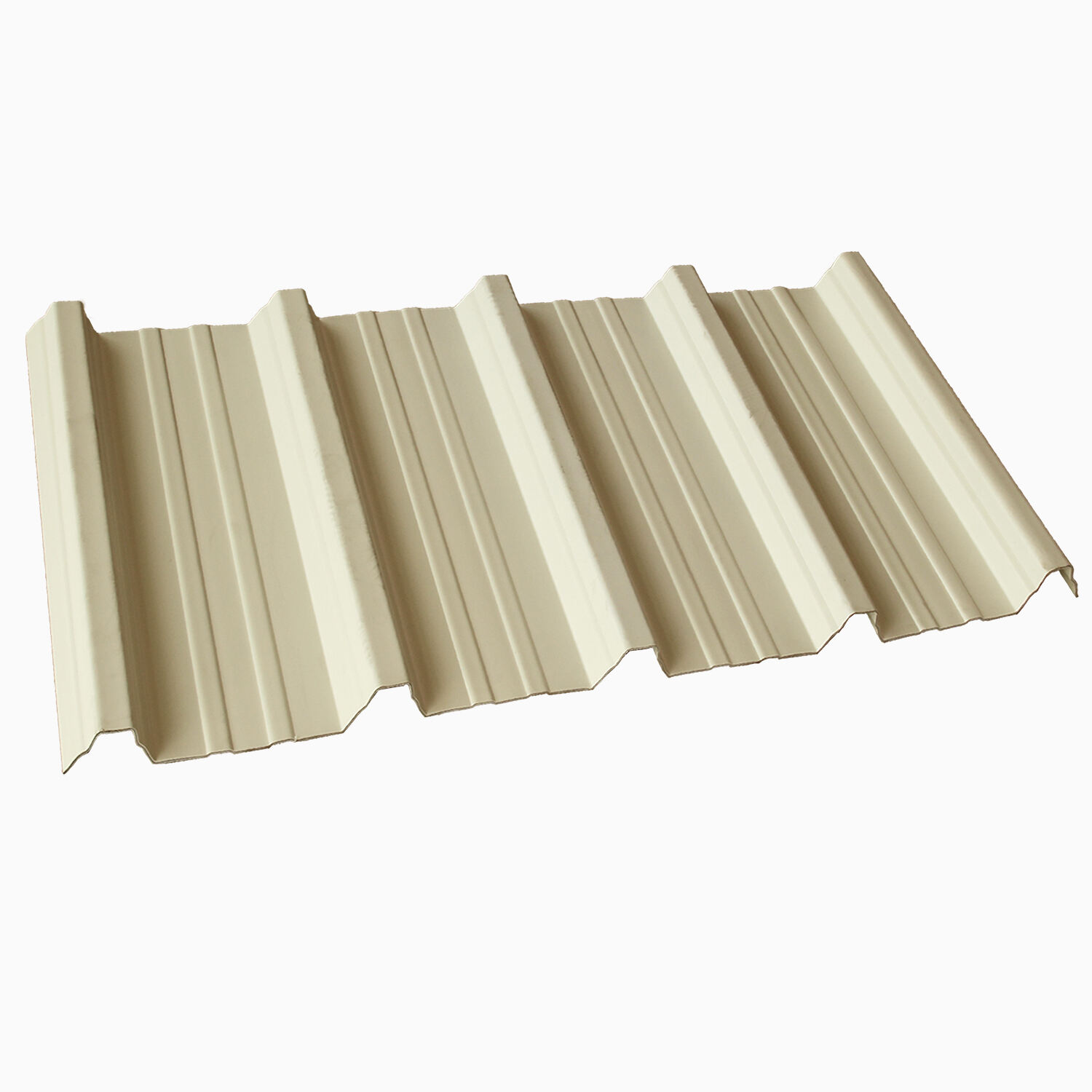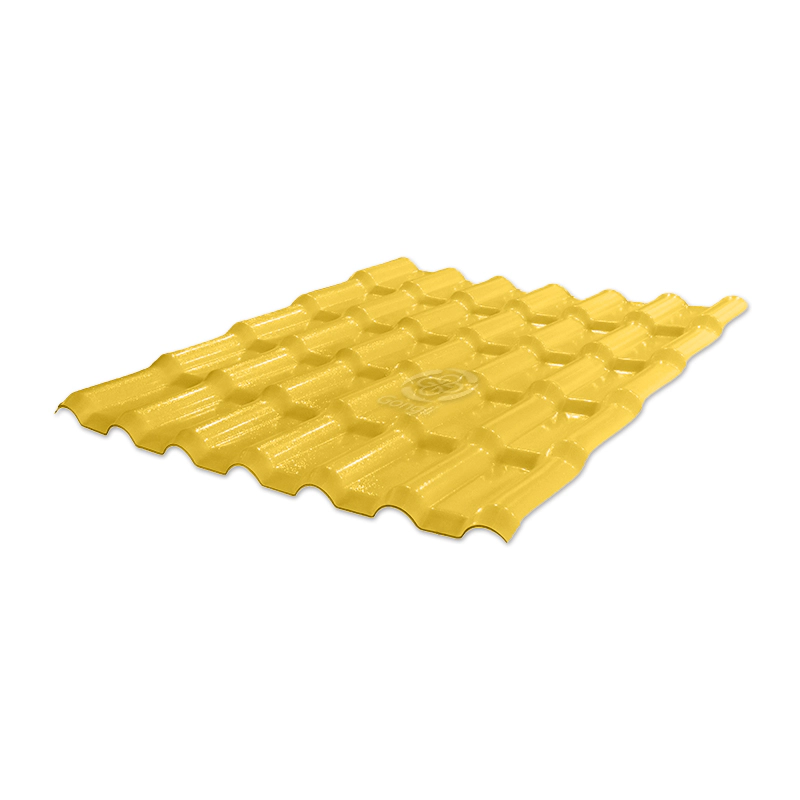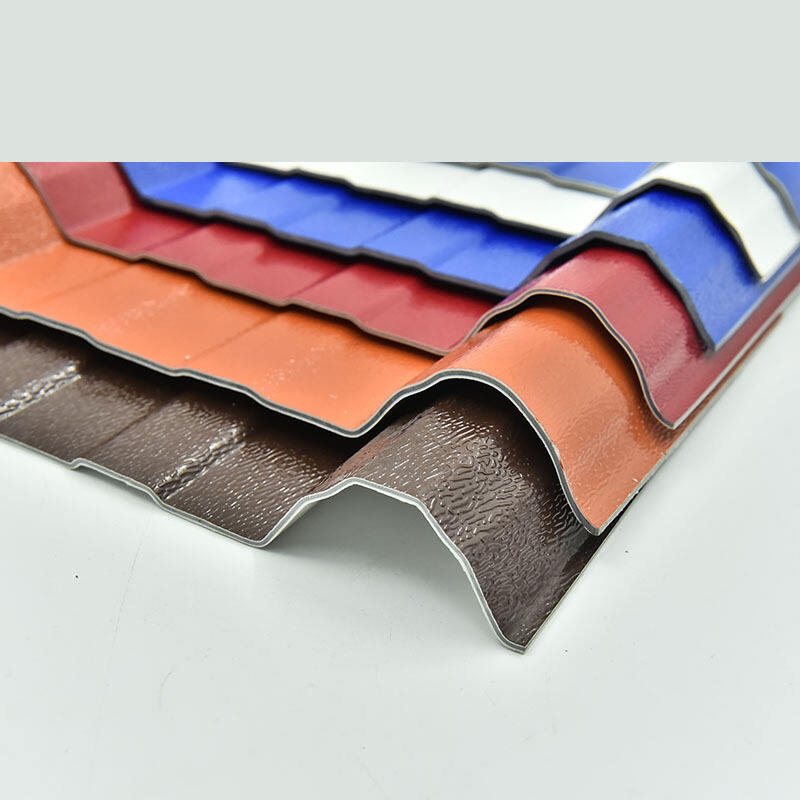Comparing the Lifespan of PVC Roof Sheets and Traditional Roofing Materials
Understanding the Lifespan of PVC Roof Sheets
PVC roofing, or roofing made from polyvinyl chloride, is esteemed in the industry for its durability and cost-effectiveness. This thermoplastic polymer is not only long-lasting but is also renowned for its resistance to weather, fire, and chemicals. The material's lightweight nature combined with its resistance to UV rays makes it a practical choice for commercial and residential flat roofs alike.
One of the major advantages of PVC roofing is its impressive lifespan, which generally spans between 20 to 30 years. This longevity can be attributed to key features such as ease of installation and low thermal expansion, allowing the material to withstand various environmental stressors effectively. For instance, its resistance to discoloration and degradation from UV exposure contributes to its extended lifespan compared to other roofing materials.
However, the durability of PVC roof sheets is influenced by several factors. Proper installation is crucial, as any errors can significantly reduce the roof's lifespan. Moreover, environmental stressors, such as pollution and harsh weather conditions like extreme temperatures, can also affect the longevity of PVC roofing. Regular maintenance and quality installation are vital in ensuring that these factors do not compromise the roof's effectiveness and durability. By addressing these elements, property owners can ensure their PVC roof sheets remain in optimal condition for decades.
Comparing PVC Roof Sheets to Traditional Roofing Materials
Durability and Longevity
PVC roof sheets outshine traditional materials like asphalt shingles and wood regarding durability and longevity. Unlike these materials, PVC sheets resist common issues such as cracking, curling, and fading over time, resulting in fewer repair needs and a longer lifespan. Under optimal conditions, the longevity of PVC roofing systems can exceed 30 years, while traditional roofing materials often reach their limit between 15 to 20 years. This stark difference highlights PVC's advantage in providing a longer-lasting roofing solution, reducing the frequency and cost of repairs over the years.
Weather Resistance
One of the standout features of PVC roof sheets is their excellent weather resistance, which makes them highly suitable for varied and extreme climates. These sheets can withstand high winds, heavy rain, and snow, offering reliable protection that supports their structural integrity. Additionally, PVC roofs resist UV degradation, a common issue that afflicts traditional materials such as asphalt, which leads to fewer heat-induced expansions and leak risks. This resilience against both physical and environmental factors makes PVC roofing a superior choice for safeguarding buildings through seasonal changes.
Maintenance Requirements
PVC roofs also benefit from significantly lower maintenance needs compared to traditional roofing options. Typically, they only require routine inspections and occasional cleanings to remain in excellent condition, minimizing both upkeep time and expenses. By contrast, traditional materials like asphalt and wood demand more frequent repairs and replacements, especially in harsh weather conditions. This lower maintenance requirement not only saves time but also reduces long-term costs, making PVC roofs an efficient choice for both residential and commercial properties needing sustainable and hassle-free roofing solutions.
Advantages of PVC Roof Sheets Over Traditional Materials
Energy Efficiency
PVC roof sheets are highly energy-efficient due to their reflective properties, which substantially reduce heat absorption. This reduction in heat absorption can lead to significant savings on cooling costs—as much as 20% according to some studies. By reflecting sunlight, PVC roofs help maintain cooler indoor temperatures without over-relying on HVAC systems, making them a sustainable choice compared to traditional materials. Additionally, the energy efficiency of PVC roofs significantly contributes to a building’s eco-friendliness, which in turn decreases its carbon footprint, promoting a more sustainable environment. This characteristic makes PVC roofs not only cost-effective but also a responsible environmental choice, reinforcing their popularity in both residential and commercial settings.
Fire Resistance
One of the standout features of PVC roofing systems is their natural flame-retardancy, providing greater fire resistance compared to materials like wood or thatch. This enhanced fire resistance can result in lower insurance premiums, as insurers often consider the reduced risk when calculating costs. In light of this, regulatory standards increasingly favor PVC roofing due to its excellent performance in fire resistance tests, making it a reliable choice for both commercial and residential buildings. This aspect of PVC roofing represents a significant advantage, offering peace of mind, improved safety, and potential cost savings to property owners.
Chemical Resistance
PVC roof sheets exhibit exceptional chemical resistance, which is especially valuable in industrial environments where exposure to oils and acids is common. This attribute greatly extends the lifespan of the roofing, as PVC is capable of resisting degradation that would typically occur in traditional materials under similar conditions. Traditional roofing materials, such as asphalt or wood, may degrade and fail prematurely when exposed to harsh chemicals, leading to increased replacement and maintenance costs. In contrast, the durability and chemical resistance of PVC roofs make them a cost-effective and long-lasting choice for a variety of demanding applications, particularly in industrial contexts.
Product Spotlight: PVC Roof Sheets and Alternatives
Weatherproof ASA Synthetic Resin Roofing Tiles
ASA synthetic resin roofing tiles offer a remarkable solution for weatherproof roofing applications, featuring notable anti-fade properties and enhanced aesthetics. These tiles require minimal maintenance due to their superior material composition, which stands up impressively against harsh environmental conditions. Additionally, ASA tiles provide excellent thermal insulation, making them a commendable alternative to PVC roofing in specific climates. By combining aesthetics with practicality, ASA resin tiles elevate the value of any roofing project.
Advanced Roofing Materials - FRP Sheets and Polycarbonate Roofs
For enhanced strength and impact resistance, Fiber-Reinforced Plastic (FRP) sheets and polycarbonate roofs are excellent alternatives to PVC. These materials are particularly effective in applications needing translucent roofing solutions. FRP sheets deliver superior durability, while polycarbonate roofs are lauded for their lightweight nature and energy efficiency. They offer excellent thermal insulation, which optimizes internal temperatures and reduces cooling costs, thus promoting a sustainable building environment.
Terracotta Red Heat Insulation Spanish Style PVC Resin Roof Tiles
Terracotta-style PVC resin roof tiles seamlessly integrate traditional aesthetics with modern heat insulation capabilities. These tiles are particularly attractive for their aesthetically pleasing design, emulating classic Spanish roofing styles while significantly improving energy efficiency within the building. By maintaining lower interior temperatures, these tiles are not only visually appealing but also contribute to energy-saving efforts, offering a sustainable roofing option for various architectural projects.
Maintenance Tips for Extending the Lifespan of PVC Roof Sheets
Regular Inspections
Regular inspections are crucial for maintaining the integrity of PVC roof sheets. By identifying potential issues like cracks, punctures, or seam failures early, you can intervene promptly to prevent further damage. Experts suggest conducting such inspections biannually, particularly before and after extreme weather events. This ensures continuous performance and longevity of your roofing material by catching and addressing problems before they escalate.
Cleaning and Debris Removal
Maintaining a clean roof is key to extending the life of PVC roof sheets. Debris and contaminants can lead to moisture buildup, which may cause mold growth and roof damage. Implement simple cleaning routines to effectively prevent such issues. It is important to use non-abrasive cleaning methods that will not compromise the surface integrity of your PVC materials. This ensures your roof remains in optimal condition, preserving its aesthetic and functional properties for years to come.
Addressing Minor Repairs Promptly
Addressing minor repairs without delay is essential for the longevity of PVC roofing systems. Quick action in sealing small leaks or fixing loose seams can prevent larger repairs and extensive damage over time. Studies highlight that proactive maintenance can extend the lifespan of PVC roofing by up to 25%, stressing the importance of responding to repairs promptly. Adopting such proactive measures not only safeguards the roof’s durability but also minimizes long-term repair costs.
FAQ
How long do PVC roof sheets typically last?
PVC roof sheets usually last between 20 to 30 years, depending on factors like proper installation and maintenance.
What contributes to the long lifespan of PVC roofing?
The long lifespan of PVC roofing is due to its resistance to UV rays, ease of installation, and low thermal expansion.
Are PVC roof sheets better than traditional roofing materials?
Yes, PVC roof sheets offer superior durability, weather resistance, and lower maintenance compared to traditional materials like asphalt shingles and wood.
What are the advantages of PVC roofs in terms of energy efficiency?
PVC roofs are energy-efficient due to their reflective properties, which reduce heat absorption and cooling costs.
What maintenance is required for PVC roofing?
Regular inspections and cleanings are recommended for PVC roofs to maintain performance and longevity. Prompt repairs for minor issues are also advisable.
Recommended Products
Hot News
-
How to choose the right roof tile
2024-01-24
-
PVC Plastic Tiles: The Ideal Roofing Material
2024-01-24
-
The Essentials of Synthetic Resin Tile Manufacturing
2024-01-24

 EN
EN
 AR
AR
 BG
BG
 HR
HR
 CS
CS
 DA
DA
 NL
NL
 FI
FI
 FR
FR
 DE
DE
 EL
EL
 HI
HI
 IT
IT
 JA
JA
 KO
KO
 NO
NO
 PL
PL
 PT
PT
 RO
RO
 RU
RU
 ES
ES
 TL
TL
 IW
IW
 ID
ID
 LT
LT
 VI
VI
 TH
TH
 TR
TR
 AF
AF
 MS
MS
 KM
KM
 LO
LO
 MY
MY

